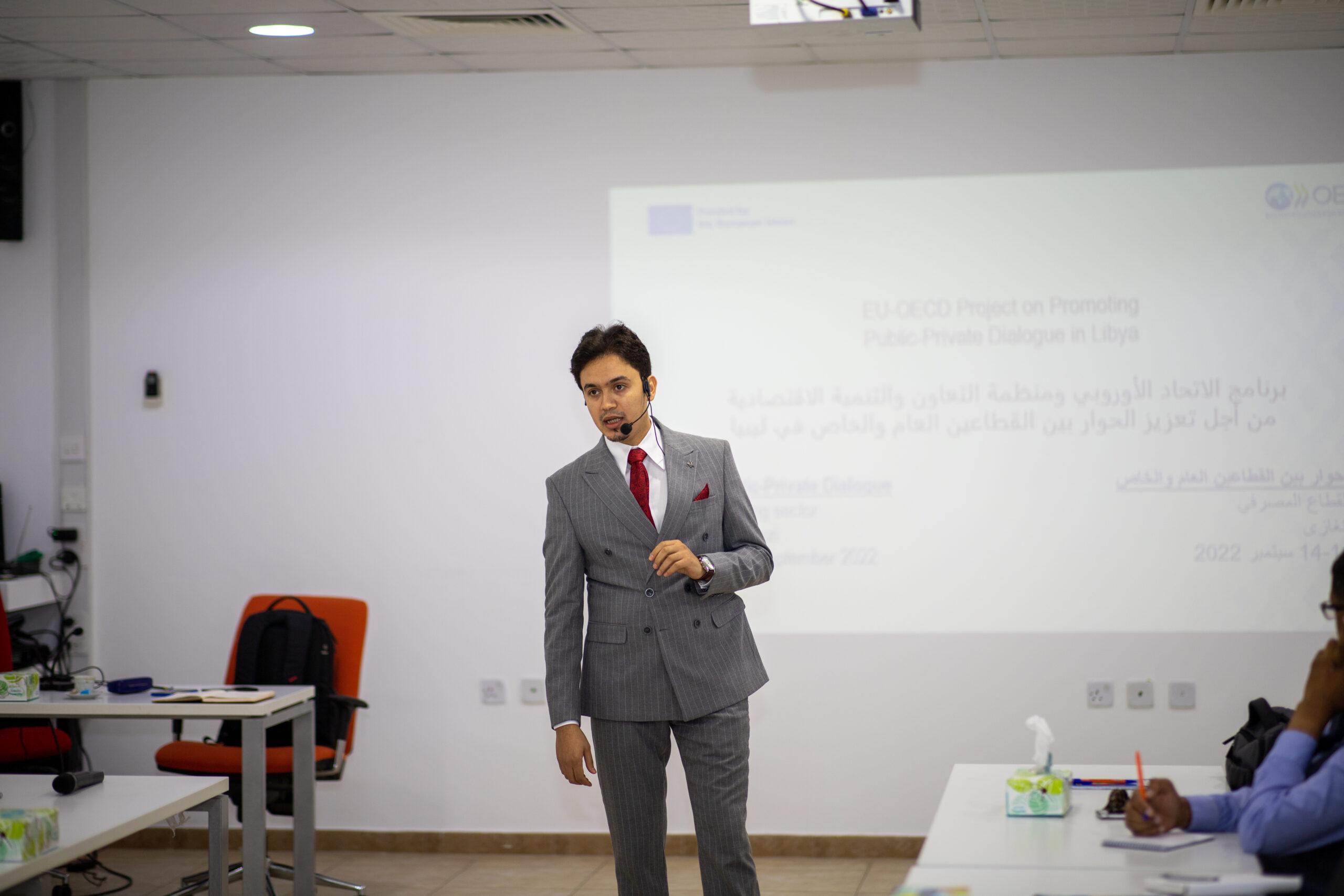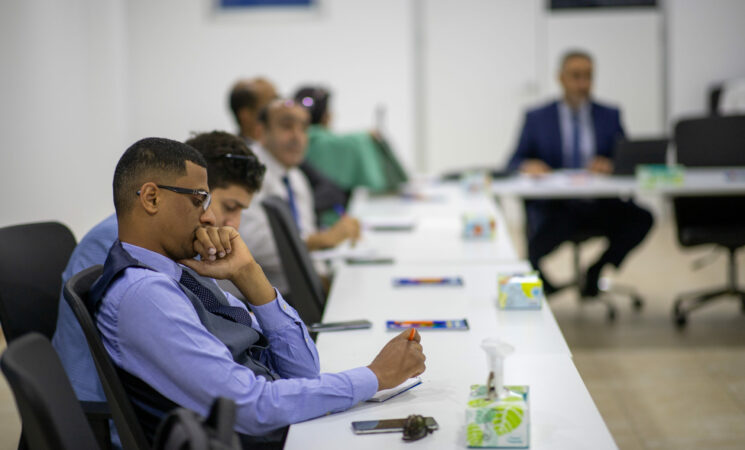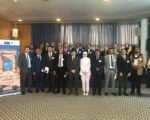BENGHAZI - In September and October 2022, the OECD organised a series of public-private dialogues in Benghazi targeting five sectors with the highest potential for economic diversification in Libya: Banking, ICT, agribusiness, infrastructure and transportation and logistics. The dialogues were organised in the context of the EU-OECD Project on Promoting Public-Private Dialogue in Libya.
During roundtable discussions, representatives from the public and private sector discussed strategies for improving each sector, including the infrastructure, business environment and regulatory framework, and the role of the private sector.

For example, participants from public and private banks gathered in September to discuss strategies for restoring internal and external trust in the banking system, improving Libya's performance on anti-money laundering policies, and facilitating access to finance for SMEs.
The banking sector shows high potential for diversifying the Libyan economy and stimulating economic growth. In stakeholder consultations conducted by the OECD between 2013 and 2016, participants identified the Libyan financial services sector as one of the areas with highest potential for FDI attraction and highest alignment with the country’s strategic development plans.
The World Bank, on its private sector assessment acknowledged the economic potential of an improved financial services sector. Developing the banking system can bring benefits to the rest of the economy, as banking is an enabler of business activities and economic development, particularly of MSMEs.





1 Comments
primer-1
primer-8